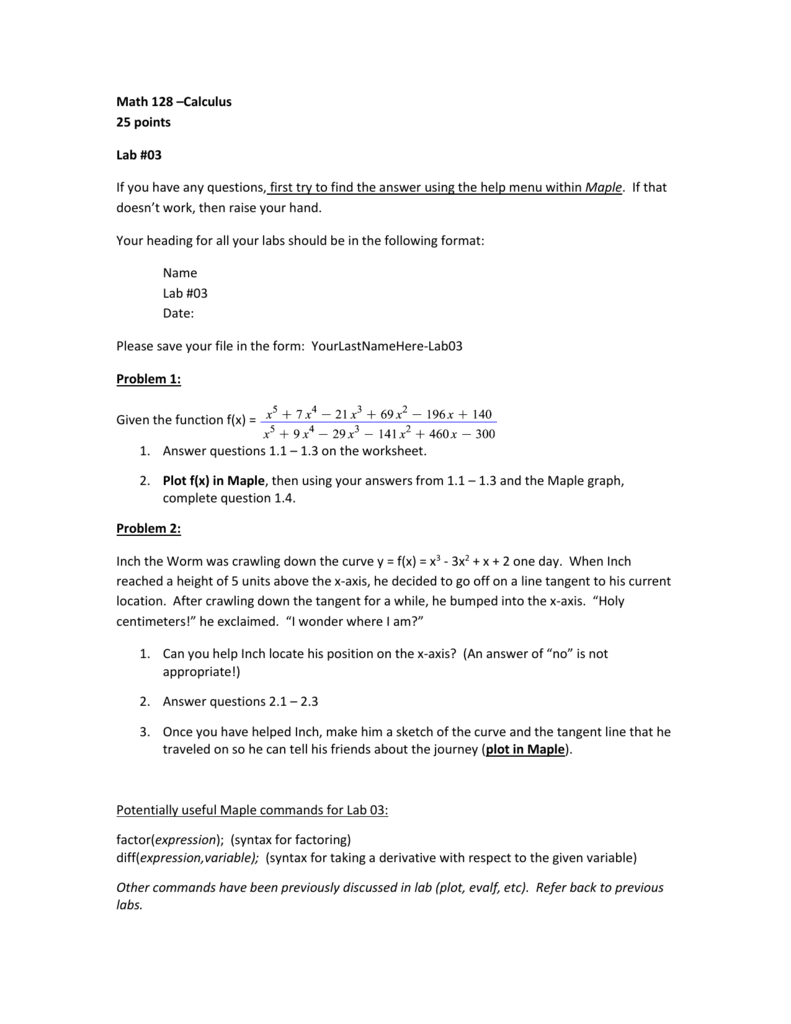

Annie struggles to fit into a new role, yet her gratitude and childlike feelings are all directed to toward the Past. Why should she be forced to leave the family which has provided her with more than physical safety-who renew their offers of love and acceptance just as she is? What does the blended family have to tempt her, now that Sini wants to leave and Annie can not compete with her new sister-in-law?īecause the Nazi threat has been removed, the story obviously lacks the intensity and nervous anxiety of its more famous predecessor the dangers are not life-threatening but soul-disturbing. Why does she experience so many conflicting emotions now that she is Free? Reluctance to leave her country haven Despair over the endless quarrels between Sini and their father Frustration at unsuccessful attempts to please a snobby, prejudiced step-mother. It is hard for Annie to leave the warm farm family who took them into their home and their hearts. The pre-War status quo can never be recreated after years of suffering and humiliation. But nothing is that simple, for they are not quite the same people.
#The journey back questions free#
Now the war is over and they are all free to live together as a Jewish family in Holland, to pick up the shattered pieces of their lives after Nazi persecution. This sequel to THE UPSTAIRS ROOM continues the story of young Annie, slightly lame, and her older sister, Sini, who have spent three years in hiding with a kind Gentile family. You also see the effects of long-lasting trauma on the main character's stepmother, whose husband was murdered in one of the camps and whose daughter has effectively abandoned her as she makes her own life.Ī fascinating book-I only wish I'd known about it when it was published, in 1987. The most interesting theme is how each member of this family formed other families with the people who hid them and the conflicts that arise when the birth family tries to re-form. In the case of the main character here, she is suffering through anti-Semitism and a family that has been fragmented by their years of hiding. The Journey Back makes clear that the survivors weren't necessarily ok when they returned. The sequel, as you might have guessed, comes after the events of the Upstairs Room, about Johanna's having to hide in a small town in WWII. I was surprised to find that she'd sequel. I'd loved that book when I was a young adult and have revisited it many times since then. I woke up one morning wondering what had happened to Johanna Reiss (The Upstairs Room).

It rather sucked that we see Annie sort of turning her back on the people who love her like their own and have her best interests at heart while she turns to embrace a woman who only cares about herself and her own image. And villains need to be vanquished (or at least overcome). I'm not sure if the author meant to structure this as a story where the stepmother came across as the villain.but that was the effect.

At no point in this story or later does Annie realize (or in an epilogue acknowledge) that her stepmother seemed to be an awful human being and that Annie rose above all that and found her own self-confidence and doesn't value people for their wealth. And there is nothing to indicate that she didn't. With Annie coming to grips with the fact that we move on and change and.becoming more and more like her witch of a stepmother. And at the end of the story, it shows as she's looking around Johan and Dientje's home and finding fault (the way her stepmother does). And part of trying is modeling herself after this woman. She's overly materialistic, looks down on people she considers beneath her and sees nothing but fault in Annie, who will never measure up to her actual daughter.and Annie knows she doesn't measure up, but it doesn't stop her trying. By the end of the book, she's desperately trying to win the love of a stepmother who is pretty vile really. HOWEVER, the change she's heading towards is NOT a good one. As Annie gets older, she realizes she can't live in the past, no matter how much she loves the family that took care of her and Sini during the war. I get that it's about moving on and things changing as time goes on. I'm still pondering the lessons that this book is conveying.


 0 kommentar(er)
0 kommentar(er)
